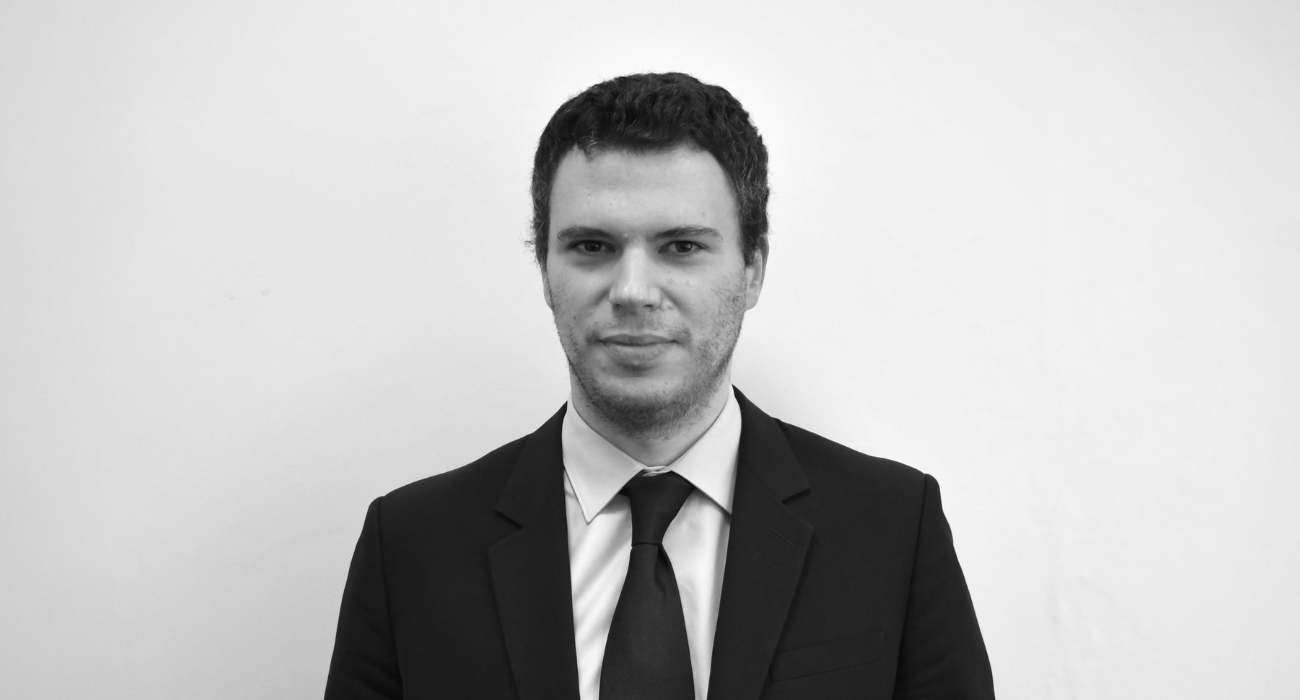

After the riots, a new era in Kazakhstan?
In January 2022 Kazakhstan underwent its most serious political crisis since its independence, proclaimed on December 16, 1991. The increase in the price of fuel has set ablaze the west of the country in the grip of socio-economic marginalization, then the southern regions, traditionally more resistant to central power. What actually happened, and what consequences did these troubles have at the national and regional levels?
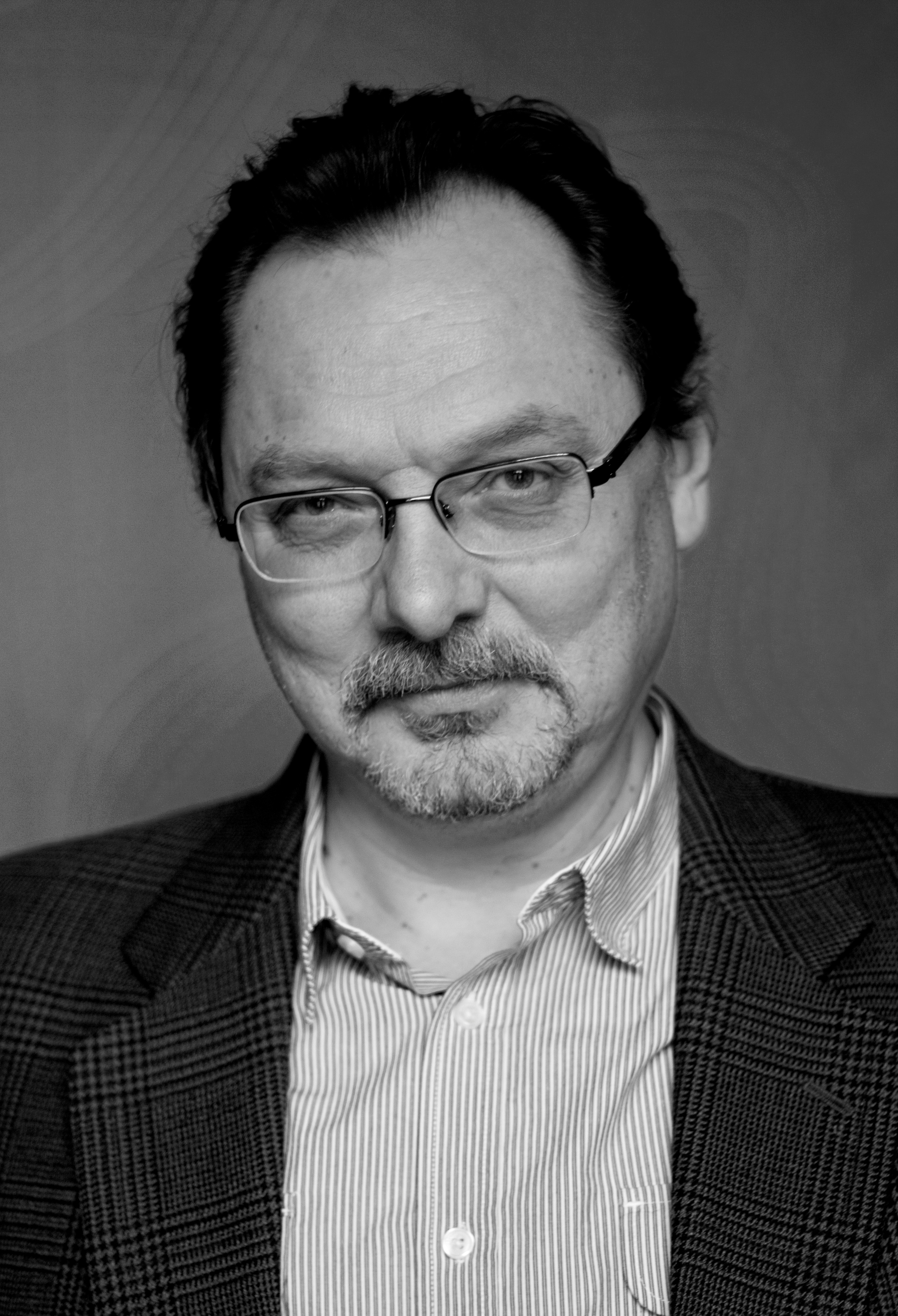

Putin’s War is Stuck, Beware The Rising Risks
Data on the concentration of Russian troops was solid; the diplomatic offensive executed by Moscow was deliberately disagreeable; yet, many experts (myself including) refused to accept the proposition on the coming war as “inevitable”.
Moscow’s tried and tested Georgia strategy now tailored for Ukraine
Western powers appear unable to thwart Putin’s strategy to reassert Russian influence
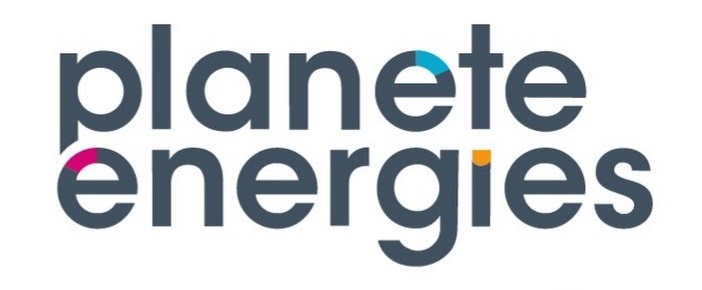

Technology at the Center of Geopolitical Relations
Technologies from big data to quantum computing, artificial intelligence and next-generation drones are fueling power struggles between nations and large industrial companies. Alice Pannier, head of the Geopolitics of Technology program at the French Institute of International Relations (IFRI), talks us through the impact of these new technologies, which have added a further level of complexity to the major energy issues seen in the 20th century.
Security Situation in & around Ukraine. Online Briefing by Ukraine’s Foreign Minister Dmytro Kuleba
Since 2014, Ukraine's territorial integrity and security have been challenged by Russia's annexation of Crimea and by the conflict in Donbas. Military maneuvers in spring and October 2021 have raised the threat of open armed conflict between Ukraine and Russia. Kyiv, on the other hand, continues to strengthen its defense capabilities.
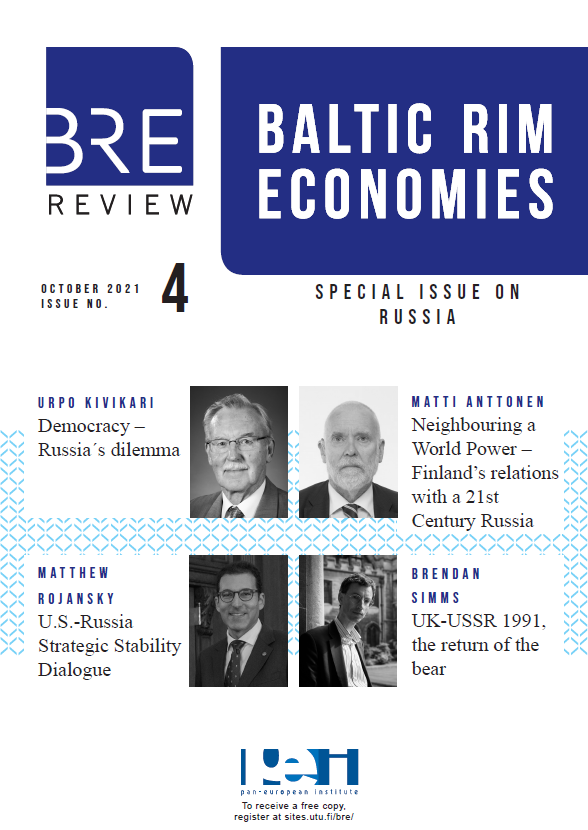

HIV/AIDS in Russia, the epidemic too long ignored
With more than one million HIV-positive people, Russia is one of the countries most affected by HIV/AIDS. The first cases appeared in the USSR in 1987 in the south of Ukraine (port of Odessa). Since then, the number of HIV-positive people has steadily increased.


What can we expect from Russia at COP26?
We ask experts whether the Kremlin’s latest moves on climate, including its 2060 net-zero target, heralds genuine change or more greenwash.
Russia has been seen as a climate pariah by the international community for some years. It was one of the last counties to ratify the 2015 Paris Agreement – not until September 2019, at the UN’s Climate Action Summit.


Russia sends warning to cyber security sector with arrest of Ilya Sachkov
lya Sachkov did not hold back, even though Russia’s prime minister was watching him on a panel starring the heads of the country’s top tech companies.


The arrest of Russian cybersecurity titan Ilya Sachkov
Our main story this week is the treason case against Ilya Sachkov, the 35-year-old CEO of the cybersecurity firm Group-IB. On Wednesday morning, September 29, hours after officials raided the company’s Moscow office, a local court jailed Sachkov for the next two months, pending trial.


Exclusive: Western Intelligence Fears New Russian Sat-Nav’s Espionage Capabilities
GLONASS, Moscow’s answer to GPS, is set to launch an upgraded satellite network later this year, which it hopes to sell to the U.S. and Europe. Buyer beware.
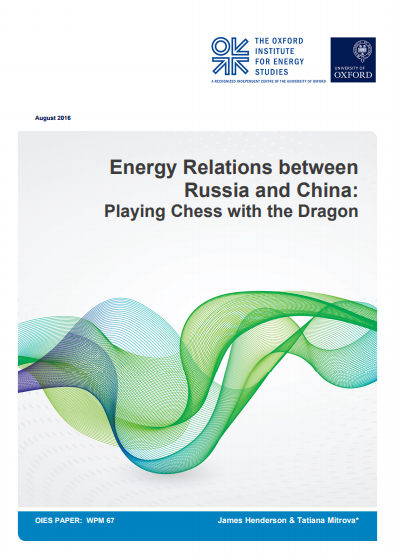
Energy Relations between Russia and China: Playing Chess with the Dragon
Post-sanctions Russia-China energy relations: what expectations?
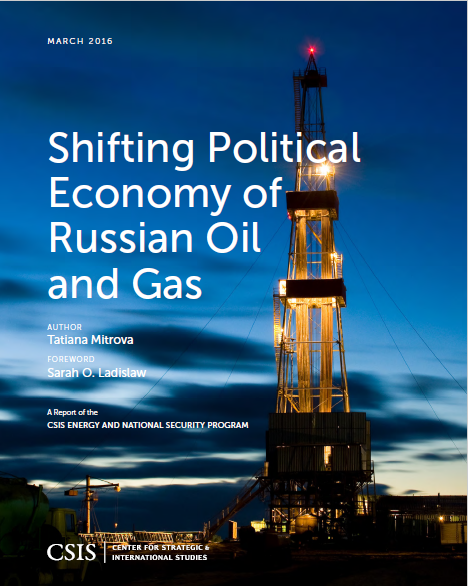
Shifting Political Economy of Russian Oil and Gas
Dramatic changes in the Russian energy strategy and energy-based political alliances are to be expected due to the evolution of the domestic oil and gas market resulting from the economic crisis and sanctions linked to the annexation of Crimea.
The NPT and the Origins of NATO’s Nuclear Sharing Arrangements
Russia has recently accused the United States and NATO Allies of violating the Treaty on the Non-Proliferation of Nuclear Weapons (NPT) by arguing that NATO's nuclear sharing arrangements are not permitted under the Treaty.
Nord Stream 2: May Cooler Heads Prevail
Since the announcement of the Nord Stream 2 project in June 2015, the debate around the benefits of this project for Europe is raging, putting forward political, economic and commercial arguments.
Russia's Diplomacy in the Middle East: Back to Geopolitics
Moscow's approach to the Middle East has undergone real changes from Soviet times to the present day: it evolved from creating zones of influence against the background of confrontation with the West to seeing the region through the prism of mainly economic interests, and, finally, to Moscow’s current pragmatic view.
Forces terrestres et réassurance : Quelles options pour l'Alliance ?
Born into the Cold War, the very notion of ‘reassurance’ was revived in the wake of the 2014 Ukraine crisis as NATO had to label the measures destined to reassert the lasting relevance of collective defense towards its member states.
Russia's 'dictatorship-of-the-law' approach to internet policy
Julien Nocetti outlines the new geopolitical challenges posed by the current stand-off between Russia and the West over Ukraine, which have added to the general defensive leitmotiv in the Russian domestic internet governance with a tighter grip on online communications and transactions, which often contradicts the announced goals of economic stimulation in the information and communications technologies (ICTs) area as one of the vehicles of non-commodity based growth.
U.S.-Russian Relations: The Path Ahead after the Crisis
CSIS expert Jeff Mankoff explains the reasons of the crisis in Ukraine, and how the U.S. should try to reestablish a more stable situation in central Europe, mixing containment and engagement of the Russian partner.

Internet, accélérateur des transformations de la Russie
La crise économique mondiale survenue en 2008, qui s’est durement répercutée en Russie, a cristallisé le mécontentement de la population, en particulier des classes moyennes et supérieures. Ce ressentiment, les réseaux sociaux et les blogs permettent de l’exposer sur la « place publique » en obtenant une résonance significative. Cette évolution n’est pas propre à la Russie ; elle est générationnelle.
Disponible sur Cairn
Raising the Costs to President Putin
-by building dissonance within. Some like to remember fondly the call by Ronald Reagan for Gorbachev “to tear down this wall”. The United States “Won the Cold War” said George Bush Senior in his State of the Union Address. We need to step back and recognize with some humility that the Soviet Union fell largely of its own weight rather than as a result of external pressure. Again today Russia is economically weak. It has become an exporter of raw materials, its industrial sector is weak, and its revenues are already falling. Conditions now offer the opportunity to aggravate Russia’s economic frailty – let’s focus on that.
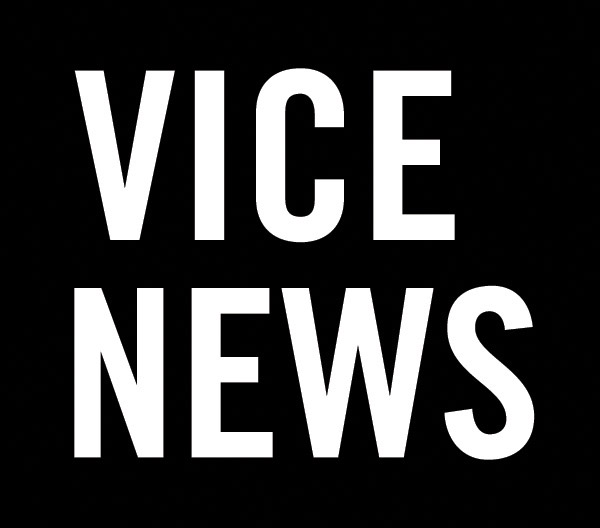

From Russia, with love
Russia is trying to “sow chaos” in Europe by betting big on Marine Le Pen and France's far right.
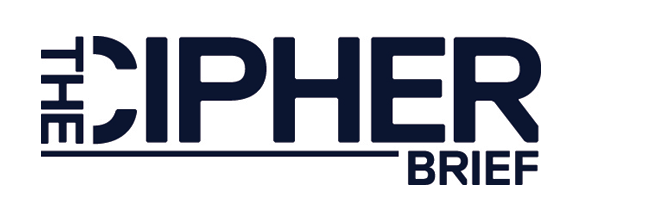

Moscow Eyes the French Elections
With just a few weeks left until French voters head to the polls, far-right presidential candidate Marine Le Pen made her way to Moscow for a surprise meeting with Russian President Vladimir Putin.


Sweden brings back military conscription amid Baltic tensions
The Swedish government has decided to reintroduce military conscription - a move backed by the country's MPs. Why is this happening? And how will it work? How does it impact regional security? And which other European countries have conscription?


Emmanuel Macron aide blames Russia for hacking attempts
Russia watchers say Moscow is deploying considerable resources to swing the French election.

Russia's government pins hopes on universities not academy
The latest international research report from Thomson Reuters says one thing about Russia: the country’s share in global scientific activities—publications or patents—is small and declining.
Support independent French research
Ifri, a foundation recognized as being of public utility, relies largely on private donors – companies and individuals – to guarantee its sustainability and intellectual independence. Through their funding, donors help maintain the Institute's position among the world's leading think tanks. By benefiting from an internationally recognized network and expertise, donors refine their understanding of geopolitical risk and its consequences on global politics and the economy. In 2024, Ifri will support more than 70 French and foreign companies and organizations.


















